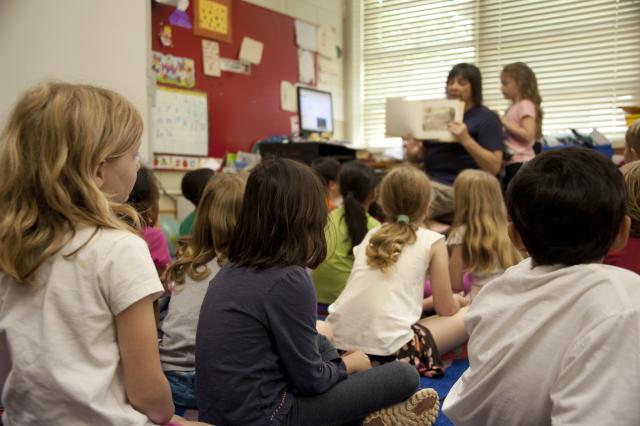
By Renee Wood
The State Government has announced the major $200 million package to help Upper Yarra and other Victorian primary schools deliver mental health programs.
The investment will see the expansion of the successful ‘Mental Health in Primary Schools’ program to every single government and low-fee non-government primary school in Victoria.
This equates to 1800 school campuses which will be scaling up across the state from 2023.
By 2026 every school will employ a Mental Health and Wellbeing Leader to implement a whole-school approach to wellbeing.
Minister for Mental Health and Education James Merlino said by supporting mental health in the younger years will better their chances of a healthy and happy adulthood.
“I am so proud to introduce today’s Mental Health and Wellbeing Bill to Parliament – this is a historic moment in building our new mental health system, and one that will make a profound change to the way we support Victorians for generations to come,” he said.
“We’re making sure every Victorian child has access to safe, tailored care through their trusted school environment – giving them the care they need, when they need it, close to home,” he said.
The program builds on a successful pilot with 100 schools across Victoria in partnership with the Murdoch Children’s Research Institute and the University of Melbourne, where more than 95 per cent of Mental Health and Wellbeing Leaders said the model improved their school’s capacity to support students’ mental health and wellbeing needs.
This will support individual students, help teachers better identify and support at-risk students, and build relationships and referral pathways to local mental health services.
Since the start of the trials students have improved mental health and wellbeing, as well as improved social, academic and vocational outcomes.
The Royal Commission into Victoria’s Mental Health System highlighted that schools play an important role in identifying children with mental health and wellbeing challenges who can then be referred to treatment, care and support if needed.
The Labor Government has already delivered mental health workers in every government secondary and specialist school – and the Royal Commission encouraged us to build on the successful Mental Health in Primary Schools Pilot by expanding the program to more schools across the state.
Half of all cases of anxiety, mood, impulse control and substance use disorders manifest by the age of 14.
Research suggests students with mental health concerns are behind their peers in Grade 3, falling further behind throughout school.
This investment comes as the Labor Government today introduces the new Mental Health and Wellbeing Act – a historic milestone in Victoria’s work to build a mental health system that delivers tailored care to all Victorians, close to home.
The Bill replaces the current Mental Health Act 2014, setting out rights-based objectives and principles for responsive services to make sure people seeking care are involved in decisions about their treatment and support, as well as incorporating a statement of recognition and acknowledgement of treaty process.
Lived experience will be a central pillar of the new system and embedded in new entities, including regional Mental Health and Wellbeing Boards, and through a new Mental Health and Wellbeing Commission.
The Commission will provide statewide oversight of the mental health and wellbeing system, including through a new complaints resolution and investigation process, and will hold government to account for the performance of the system and the implementation of the Royal Commission recommendations.
The Bill establishes Youth Mental Health and Wellbeing Victoria, a body to champion the voice of young people with lived experience on its governing board and advisory body.
As soon as Parliament passes the new Act, the Independent Review of compulsory treatment criteria and alignment of decision-making laws will begin.






